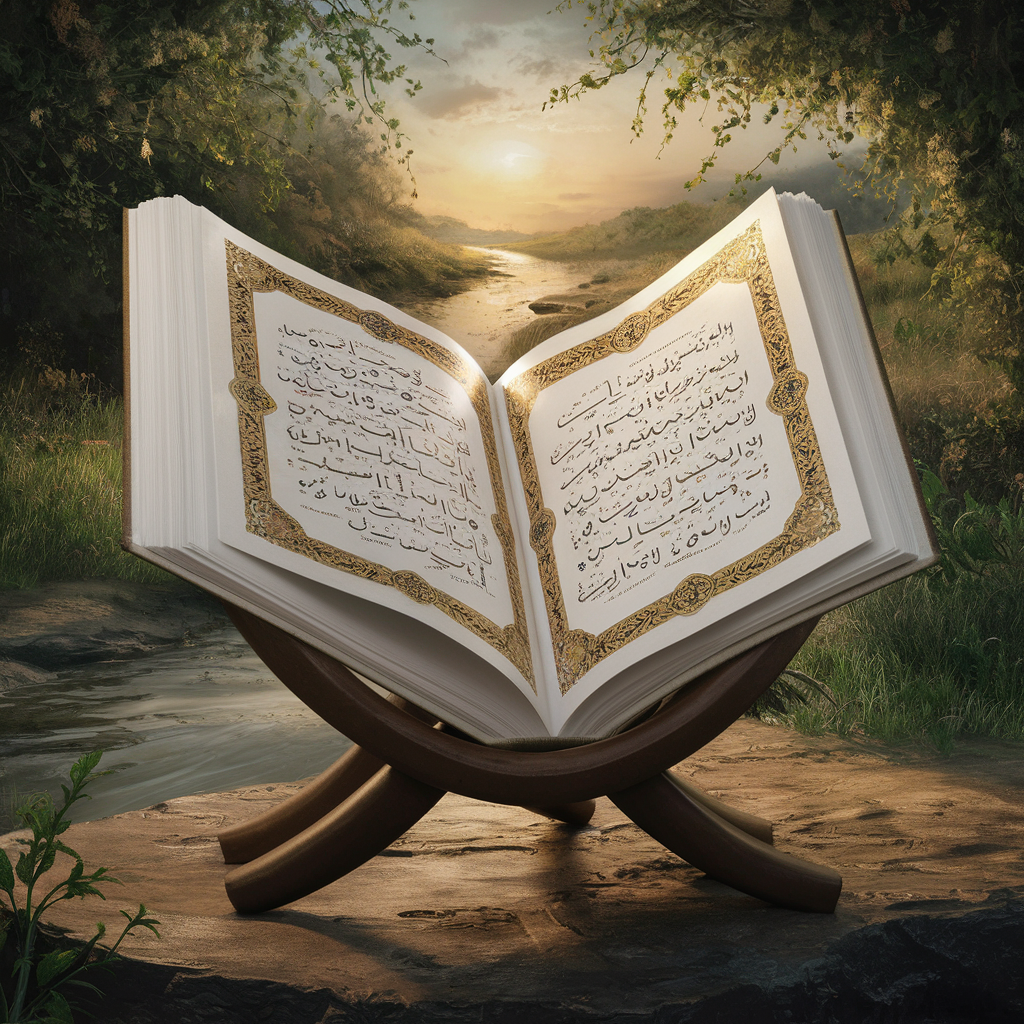The Quran is the holy book of Islam. It is considered by Muslims to be the literal word of God as revealed to the Prophet Muhammad. Here are some key points about the Quran:
- Revelation:
- The Quran was revealed to Muhammad over a period of approximately 23 years, beginning in 610 CE when he was 40 years old and continuing until his death in 632 CE.
- The revelations were delivered by the angel Gabriel (Jibril in Arabic) and were later compiled into the Quran.
- Structure:
- The Quran is written in classical Arabic and is composed of 114 chapters, known as surahs, which vary in length.
- Each surah is made up of verses, called ayahs. The total number of verses in the Quran is over 6,000.
- Content:
- The Quran covers various aspects of life, including theology, law, morality, and guidance for personal conduct.
- It addresses topics such as the nature of God, the creation of the universe, the purpose of human existence, stories of previous prophets, and the afterlife.
- Themes:
- Monotheism: The Quran emphasizes the oneness of God (Allah) and calls for the worship of Him alone.
- Guidance: It provides moral and ethical guidelines for individuals and communities.
- Prophethood: The Quran recounts the stories of various prophets and their missions.
- Justice: It emphasizes social justice, the rights of individuals, and the importance of fairness.
- Language and Style:
- The Quran is known for its eloquent language, poetic style, and profound depth.
- It is considered a masterpiece of Arabic literature, with a unique linguistic structure that is believed to be inimitable.
- Preservation:
- Muslims believe that the Quran has been preserved in its original form since the time of Muhammad.
- The Quran was initially memorized and transmitted orally by Muhammad’s companions. It was later compiled into a written text during the caliphate of Uthman ibn Affan, the third caliph.
- Recitation and Memorization:
- Reciting the Quran (tilawah) is an important act of worship in Islam. It is recited in daily prayers and on various religious occasions.
- Many Muslims memorize the entire Quran, earning the title of Hafiz.
- Role in Islamic Life:
- The Quran is the primary source of Islamic theology, law (Sharia), and moral guidance.
- It is used in legal, educational, and spiritual contexts within the Muslim community.
- It influences various aspects of daily life, from personal conduct to social and political matters.
- Interpretation:
- Tafsir is the scholarly interpretation and commentary of the Quran. It helps to explain the meanings of verses and their application to different contexts.
- Various schools of thought and scholars have contributed to the body of tafsir literature, providing diverse perspectives on the Quranic text.
The Quran holds a central place in the faith and practice of Muslims worldwide, guiding their beliefs, actions, and understanding of the world.
© Copyright 2024, All Rights Reserved



Leave Your Comments